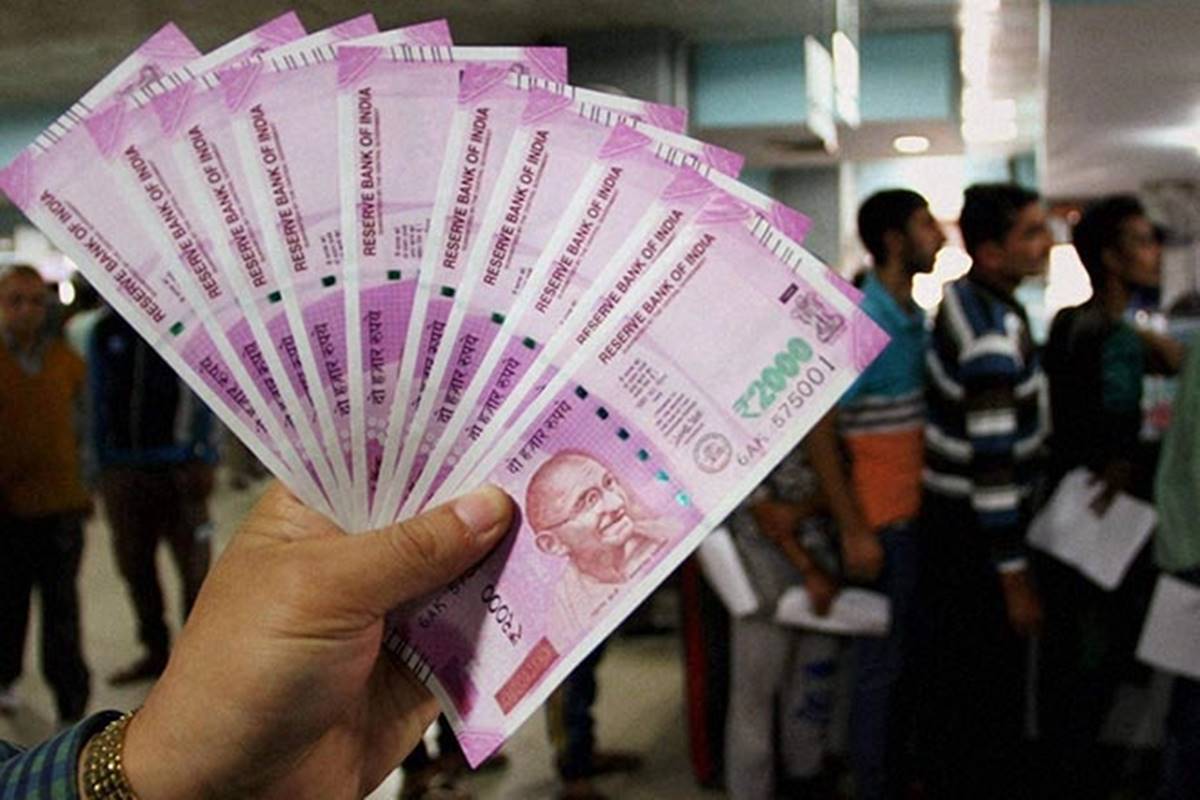Resolution Framework 2.0: ‘RBI considerate of MSMEs’ need but real-time situation demands more measures’

Ease of Doing Business for MSMEs: A new exclusive criterion for asset classification for MSMEs or provision for interim financing or credit facility accounts for certain eligible MSME borrowers or facilitation for extension of new finances to distressed accounts, etc. can bring honour and respect towards governmental strategies in these sordid times.
Ease of Doing Business for MSMEs: With a view to tackling the second wave of the pandemic, the Reserve Bank of India on May 5, 2021, announced ‘Resolution Framework 2.0 for COVID-related stressed assets of individuals, small businesses, and MSMEs which is an extended version of the Resolution Framework for COVID-19-related stress. MSMEs whose aggregate exposure with lending institutions is up to Rs 25 crore and who were classified as standard as of March 31, 2021, can avail this restructuring scheme without being downgraded to another category of asset and thereby can retain the prestigious “Standard” quality.
Invocation and Implementation
MSME beneficiaries who have not availed the restructuring under Framework 1.0 as per RBI circulars dated 11.02.2020 and 01.01.2019 on ‘MSME sector – Restructuring of Advances’ are eligible for invocation of this scheme before 30.09.2021. An extremely short time frame of 90 days is granted for the implementation of the plan which is perhaps detrimental to the interests of SMEs. Yet another feature allowing the upgradation of the accounts which may have slipped into NPA classification between 01.04.2021 and the date of implementation to “Standard” quality might incentivise the MSME sector. But at the same time, the 10 per cent provisioning mandate for the lenders might dissuade them from harnessing the scheme.
Prerogative of MSMEs
Since the framework is meant specifically for Covid-induced stress, the eligibility/decision of restructuring is required to be taken independently by each lending institution within 30 days in consonance with their upcoming board approved policies which thereby will widen the arena or scope of restructuring as the lenders are expected to take individualistic decisions irrespective of invocation decisions taken by other lenders. Multi-faceted restructuring of loans from different lenders may be assumed to be a lucrative part of the framework.
Review of Limits
The beneficiaries who have availed the restructuring under earlier MSME circulars are also gifted a goodie in the context that they can apply for one time-review or reassessment of the sanctioned working capital limits or drawing power without being casted the restructuring shadows though the reassessed limits would be subjected to periodical reviews and renewals.
Credit Reporting
Since the relaxations in the CIBIL score or the other exemptions in relation to credit rating agencies are heavily pushed by the small business sector in the wake of the pandemic, the framework brings a breather to some extent as the accounts restructured under the scheme shall be titled as “restructured due to COVID19” for the purpose of transmission of information to credit rating agencies. By reviewing and reassessing the existing working capital facilities, the eligible borrowers can therefore aim to invest and continue their operation without the fear of losing in terms of finance.
Small Businesses other than MSMEs
Certain reliefs to the small business entities, including those engaged in retailing and wholesale trade but excluding those classified as MSMEs are provided to implement resolution plans in respect of their credit exposures. The entities who have not availed the Framework 1.0 and where, as of 31.03.2021, they were classified as ‘Standard’ and had aggregate exposure of not more than Rs.25 crore can avail of the Framework 2.0.
However, whose resolution plans had been implemented in terms of the Framework 1.0, lending institutions are permitted, as a one-time measure, to review the working capital sanctioned limits and can also modify their restructuring plans by increasing the period of moratorium or extending the residual tenure up to two years. The small businesses can now restructure their existing loans without a downgrade in their asset classification, they shall remain under STANDARD classification and even the interim finances may be provided to these SMEs by way of additional credit unlike the case of MSMEs.
Road Not Taken
Though these efforts are made with an aim of quicker resolution of stress by providing a specific timeline for invocation, implementation, and even for delivering the decision to the interested borrowers. RBI is definitely considerate of the exigencies of the small business sector but the real-time situation demands some additional measures for addressing the practical issues. In this context, a new exclusive criterion for asset classification for MSMEs or provision for interim financing or credit facility accounts for certain eligible MSME borrowers or facilitation for extension of new finances to distressed accounts, etc. can bring honour and respect towards governmental strategies in these sordid times.
Conclusion
The efforts made in line with the current situation by introducing such reliefs for MSMEs, the RBI will undoubtedly fortify and strengthen the Indian economy as MSMEs play a commendable role in contributing towards building our economy. It will provide motivation to small businesses and MSMEs to scale up their business without worrying about financial destitution caused to them due to the pandemic.
